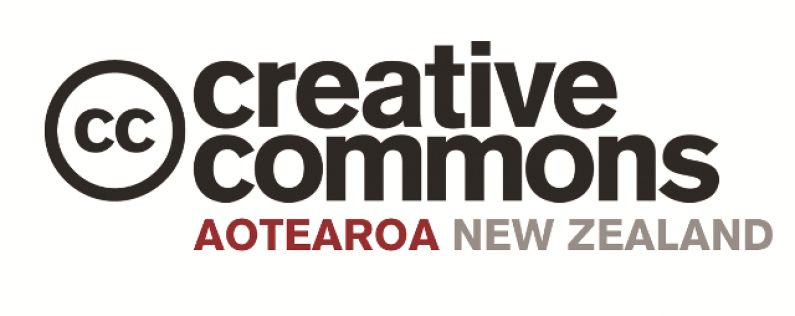
We need to talk about copyright.
Copyright is probably so far down the bottom of your to–do list that it’s fallen onto the floor and rolled under the desk. I get it – it can be a difficult subject to get worked up about. It’s pretty esoteric, and unless you’re a massive copyright nerd like me, you probably don’t care. And since facts aren’t copyright–able, and data is facts, that means copyright doesn’t apply to data – right?
Wrong. Although individual data points on their own are (almost always) too small to attract copyright, data sets do. And that means that, unfortunately, when you’re working with datasets you have to add “manage copyright” to your list of things to do. Don’t worry though – help is at hand!
Copyright is a bit sneaky because it happens without your even noticing. It’s an automatic intellectual property right that is granted to you – or whoever compiled the data set – by law at the moment of creation. And it means that anyone who wants to copy your work has to have your permission first.
Copyright (literally copy–right, the right to control copies) has been – as have so many things – fundamentally changed by the internet. Whereas the act of copying used to be manual, now we (and computers) do it constantly without even thinking about it. Forwarding an attachment is copying. Downloading a file is copying. Saving a version of a spreadsheet to your desktop is copying. We’re all just copying stuff left right and centre, which means that – even if you haven’t noticed it – copyright law applies to a lot of your everyday activities.
The good news is that Creative Commons provides a set of free copyright licences to help you out. A copyright licence is a legal means by which you can give people permission in advance to copy your work. So, just like your driving licence permits you to drive, a copyright licence permits others to copy (and download, and forward, and edit, and make a new version, etc.). Creative Commons copyright licences are legal, free, and simple to use.
Creative Commons is also one of the things that makes open data truly open. Because datasets attract copyright, and because copyright in New Zealand lasts for the life of the creator plus fifty years after their death, almost every dataset you’ll want to use is in copyright. Since the default position under the law is ‘all rights reserved’, that means that data creators need to openly license their data (that is, they need to apply a Creative Commons copyright licence) in order to make it open.
The other good news is that our government has decided that open data and Creative Commons are excellent ideas. The NZ Government Open Access and Licensing framework (NZGOAL) directs government departments and agencies to release their datasets as open data under a Creative Commons Attribution copyright licence. This means that anyone can copy, edit, analyse and reuse publicly funded datasets as long as they attribute the creator.
Problem solved, right? Well, almost. Although Cabinet approved NZGOAL a few years ago, it’s taking a while to filter through the ginormous ecosystem that is Aotearoa’s public sector.
That’s where I come in.
My name is Elizabeth Heritage and I’m the Communications Lead at Creative Commons Aotearoa New Zealand. With my colleague Keitha Booth, I’ll be running a free workshop in Auckland on 8 November to help talk public sector workers through the logistics of applying NZGOAL and Creative Commons in the workplace. There will be practical exercises, afternoon tea afterwards, and I’ll be telling my favourite copyright joke. All welcome.
Elizabeth Heritage is the Communications Lead for Creative Commons Aotearoa New Zealand, and one of her favourite things in the whole world is patiently explaining to large groups of people just how fascinating and cool copyright really is.
